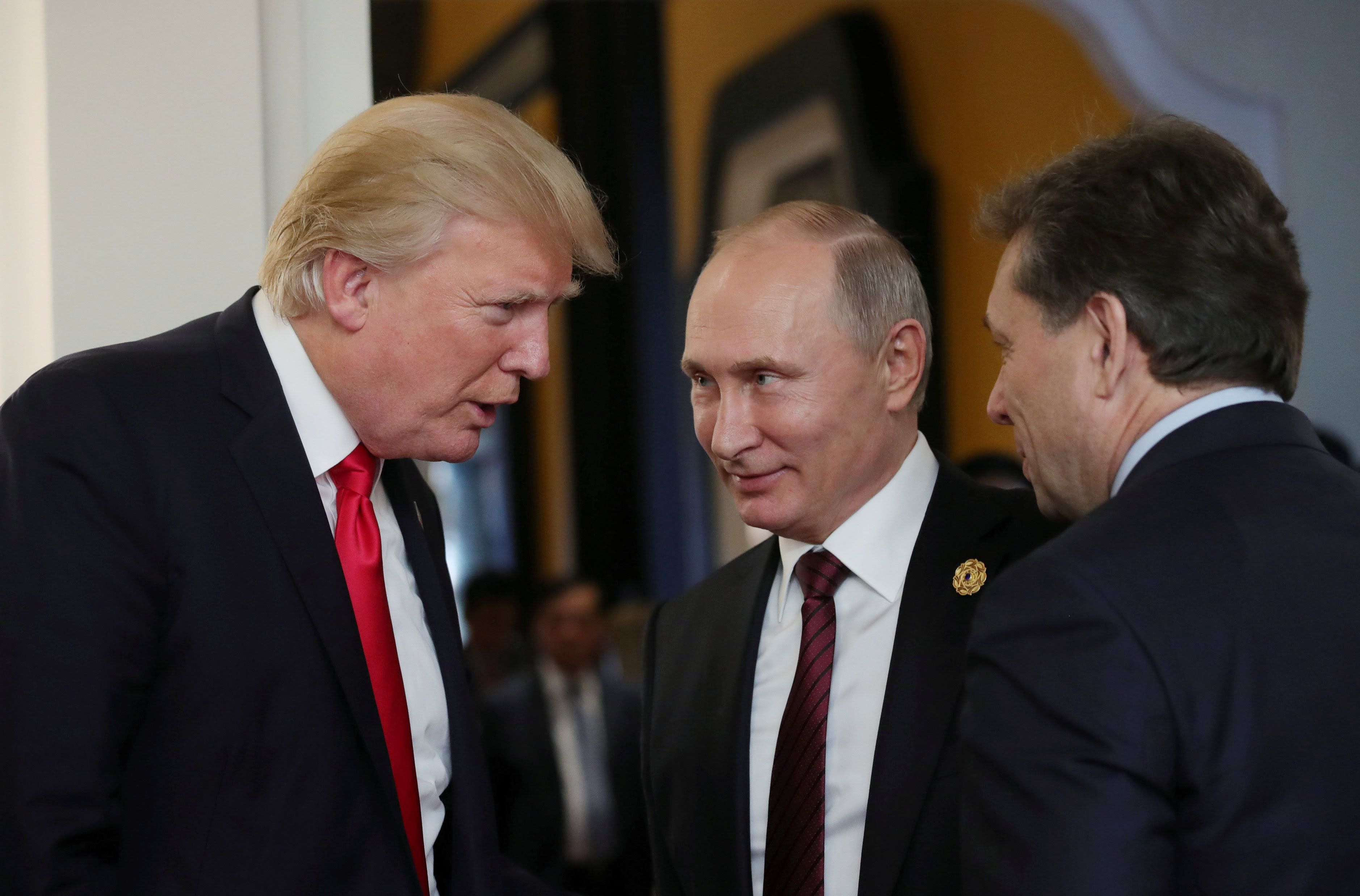After some weekend downtime in Scotland, Trump will head to Helsinki for a summit with Russia’s Vladimir Putin. The big news from the first leg of Trump’s travels this week was his insistence that NATO allies not only meet current defense spending targets but double them in coming years. Trump warned that failure to step up would persuade the US to “go it alone.” Not surprisingly, the question left hanging is whether this threat implied the US might withdraw from NATO altogether.
That’s the backdrop for this meeting of the US and Russian presidents. But as you watch media coverage of their interactions, read accounts of what was said, endure detailed expert analysis of their body language, and consider speculation of what it all means, bear in mind that conversations between governments, particularly when one of them is a genuine democracy, are never simply about the interaction of leaders.Congress will have its say, particularly on sanctions and US membership in NATO. With that in mind, consider the message the US Senate sent to NATO allies, Trump, and Putin this week in the form of a non-binding resolution that passed by a wide margin.
The message for NATO: The US Senate reaffirms “the commitment of the United States to the North Atlantic Treaty Organization (NATO) alliance as a community of freedom, peace, security, and shared values…” It also reaffirms “the ironclad commitment of the United States to its obligations under Article 5 of the North Atlantic Treaty to the collective self-defense of the North Atlantic Treaty Organization alliance.”
The further warning for Putin: The Senate resolution called on Trump to “urgently prioritize the completion of a comprehensive, whole-of-government strategy to counter malign activities of Russia that seek to undermine faith in democratic institutions in the United States and around the world." Remember too that sanctions relief for Russia requires congressional approval.
The Senate Vote: 97-2.
The bottom line: It’s hard enough to get 97 US senators to agree to name a post office after an astronaut. This is a loud, clear, bipartisan signal that, at least on the subjects of NATO and Russia, the president of the United States does not speak for the government of the United States.
